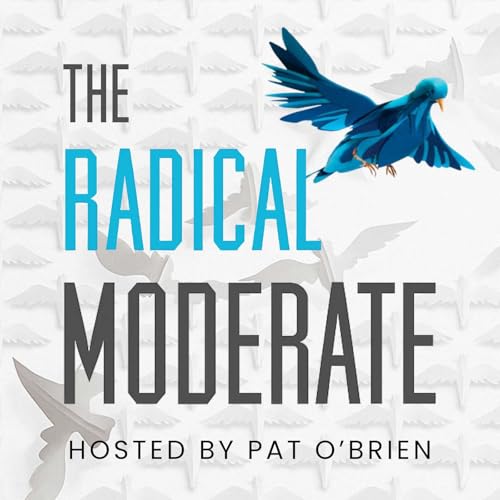
Ep. 2 - What’s REALLY Failing Our Public Schools?
Failed to add items
Add to basket failed.
Add to Wish List failed.
Remove from Wish List failed.
Follow podcast failed
Unfollow podcast failed
-
Narrated by:
-
By:
About this listen
America's primary education system stands at a critical juncture. With 55 million students across public and private schools, the approach to primary education remains frustratingly outdated despite universal agreement on its importance.
Drawing on his four years of service on the Pulaski County Special School District Board, Pat witnessed firsthand the fundamental flaws that undermine our schools. The governance model, where school boards are elected in low-turnout elections, makes crucial decisions, breeds short-term thinking, and cronyism. Meanwhile, the economic structure creates a bizarre customer-service relationship where the "customers" (young students) can't effectively advocate for their needs, and funding through property taxes ensures wealthy communities have better resources than impoverished ones.
The historical context reveals something fascinating: America's education system was once world-class primarily because it attracted exceptional teachers. In the mid-20th century, brilliant women entered teaching because discriminatory practices limited their professional alternatives. As opportunities expanded in law, medicine, and engineering, this captive talent pool dispersed, while our educational model remained stagnant.
Today's compensation system rewards longevity over excellence. Teachers advance on a grid based primarily on years served rather than effectiveness, creating perverse incentives that discourage innovation and shield underperformance. In Pat's district, not a single teacher among more than 1,000 was dismissed for cause over five years, a statistical impossibility in any healthy organization.
What we need is a radical yet sensible shift from tenure-based to results-based education. Teachers who demonstrate exceptional ability to advance student learning should be compensated accordingly, whether they've taught for three years or twenty. This isn't about being anti-teacher, it's about being pro-student and pro-excellence.
The status quo is fiercely defended by entrenched interests, with attempts at innovation typically voted down and unions often prioritizing job protection over educational quality. But with millions of students spending thirteen formative years in our schools, we cannot afford to accept mediocrity defended by bureaucracy. Our students deserve better, and our future depends on getting this right.


